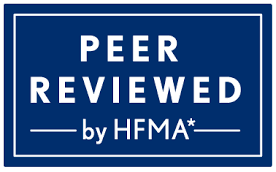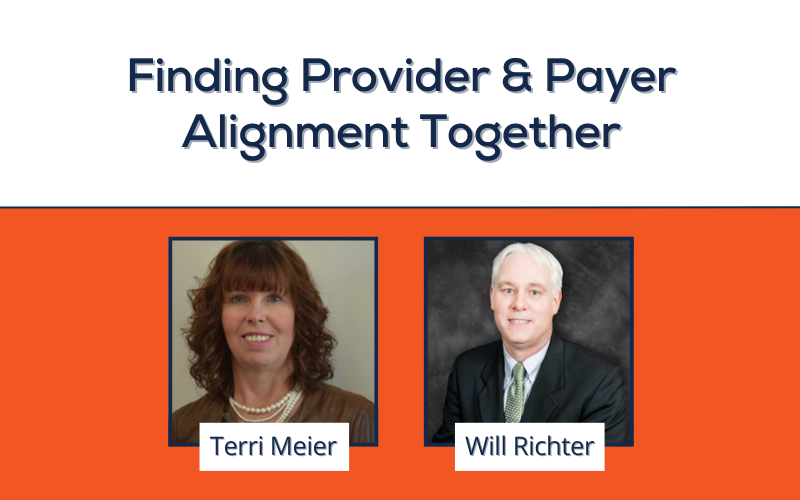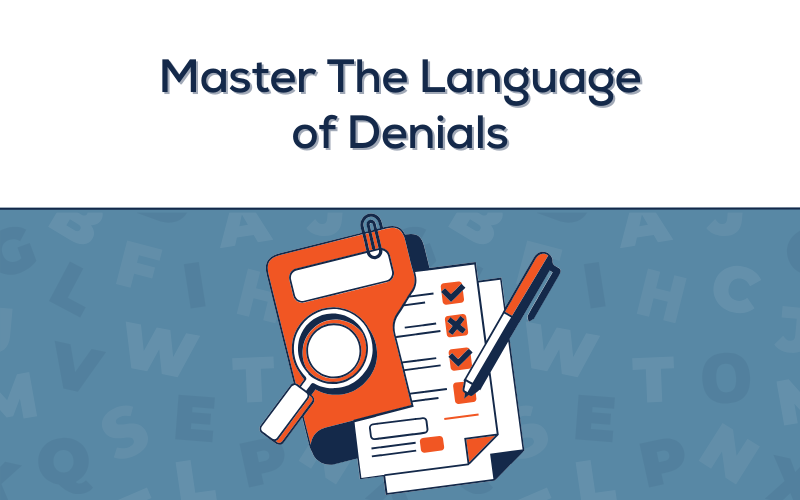Insurance revenue recovery is the process of identifying and reclaiming lost, delayed, or underpaid revenue from payers by resolving denials, correcting coding or technical errors, managing paid-not-posted accounts, addressing patient balances, and handling recoupments.
Revco strengthens this process through automation, data intelligence, and expert review to uncover overlooked reimbursement opportunities and implement forward-leaning denials management that prevents future revenue loss. Each account is driven to final resolution—payment, adjustment, or balance transfer—ensuring every recoverable dollar is captured and reconciled.















